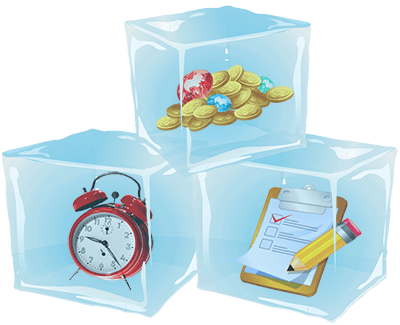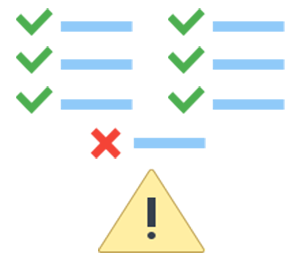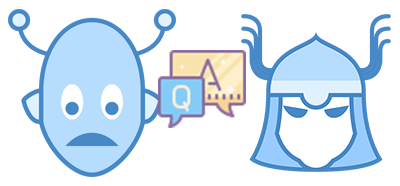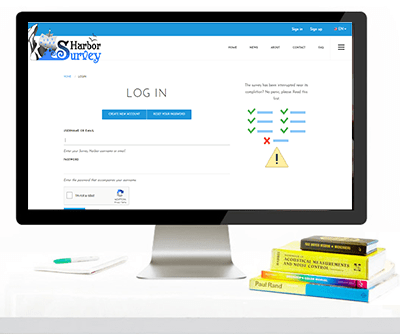Forex explained in simple words. Why and how we use it?
Forex is a global market to exchange (convert) most of the currencies. For example, one can buy U.S. Dollars for Euros, sell Brazilian Real for British Pounds and so on. Until recently only fiat currencies were presented on Forex, the ones regulated by national banks or supranational institutions in more globalized parts of the world, for instance European Central bank being the major regulator in all the Euro zone countries. However, now blockchain and cryptocurrency are making its way as alternative payment solutions. Therefore, forex is responding to the up-to-date trends by adopting it as well.
Where does the word FOREX originate from?
The term is simply a mix of two other words: FOReign EXchange. This is a decentralized virtual market located globally and accessed online, where anyone can trade currency pairs. Any interaction with a currency pair can be understood from a perspective of buyer and seller. If you are interacting with an AUD/SGD pair (Australian Dollar vs. Singapore Dollar), you may want to buy SGD for AUD. And saying you want to sell AUD for SGD would mean the same operation.
How to perform operations on FOREX?
Just having access to internet is not enough to trade. One needs to connect to the trading terminal via a broker, a company that provides such an access and related services for a small fee deducted from any trade operation. Even though there is a fee, the exchange rate on FOREX is almost purely fair and is also referred to as a "market rate". On the contrary, buying the foreign currency at the bank nearby might vary 5% or sometimes as unfair as up to 10% from the fair market price.
However, most of the forex traders are not random walk-in guests intending to buy some funds for the coming abroad trip. These are more or less professional traders striving for making a fortune on the market.

Is it possible to make a fortune on Forex?
Hypothetically, the answer is yes. Though you need to address the risks very seriously, we will get back to that part later in the article. As for using forex as a major revenue venue - moreover, you do not need billions or even millions to move big funds around. And the secret sauce here is the leverage provided by the broker. Let’s show you some simple calculations:
a) Trading without the leverage. You buy JPY (Japanese Yen) for 1,000 USD. Later withing the day the Yen climbs 1% up, so you sell all JPY back for 101% of initial USD amount, which is 1,010 USD. Your profit is $10;
b) Trading with a leverage. Most of the brokers are willing to provide you with 5x-20x, and in some cases up to 200x leverage. What does it mean? It means that having the same deposit of $1,000 one may buy another currency for $5,000 (x5 leverage), $10,000 (x10 leverage) and on. When you make 1% a day from $10,000 it does not look that small anymore, right?
However, please be mindful that leverage works both ways. Should the price go another direction, your profits are replaced by the losses. That is why all the market players try to learn the fundamental and technical analysis, follow the trade signals and other hints to make the right decisions and stay up with the group of traders who manage to earn on FOREX.
What is Survey Harbor doing on Forex?
Of course, we are not engaged in trading because this is neither primary, nor secondary profile of the business. Nevertheless, we use the global exchange to look the rates up when need to convert the currencies to provide our members with a fair rate the banks cannot afford to offer. We strive for diversifying the payment options for the respondents based in different countries. Sometimes the payment option may not support the local currency of the respondent which Survey Harbor Points are converted to. On such occasions, we convert the internal Points into the local currency of the respondent. And then we convert that resulting amount into the currency supported by the payout channel.
Given the market rate is used for conversion, it never leads to the reduced payment amount despite more than one conversion carried out! Fair exact rewards for your opinion on Survey Harbor!
What if I want to try trading on Forex myself?
If this topic catches your attention and the opportunity to become a rich fruitful trader makes you excited, it is up to you to deepen into the niche and try the role of a trader! Brokers are happy to provide you with learning materials as well as virtual accounts. These accounts can be used to play on the market and foresee the results you could achieve with this income venue should the deposit be real. Here are few platforms for you to try out.
KuCoin – this is our favorite crypto exchange that we recommend for storing our rewards received in the form of crypto. There you can receive the credentials to deposit almost any token. After we send the coins, it can be traded to other crypto or fiat (traditional money) on a P2P section. As for the traditional currencies trading – it has somewhat a very close alternative based on the USDT stablecoin which value is bonded to USD 1:1. So, when you see the trading pair like USDT/EUR or USDT/GBP it is basically the same as trading USD.
Risk disclosure: Any investment and/or financial operation bears the risk of some kind. Leverage with large multipliers puts you under the high risk of rapid major deposit part loss. Do not engage in trading financial derivatives unless you fully understand the nature of the transactions you are performing, as well as the true extent of your exposure. Trading or other types of investments may be suitable for some people but not to everybody.










